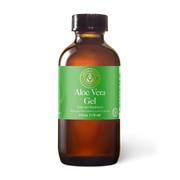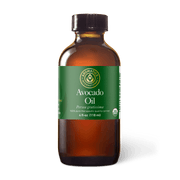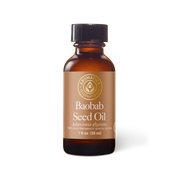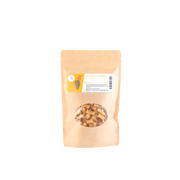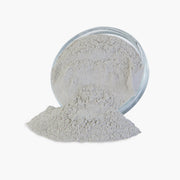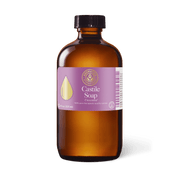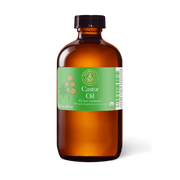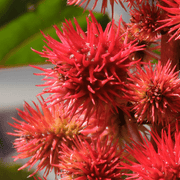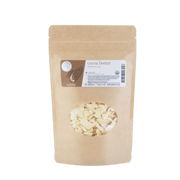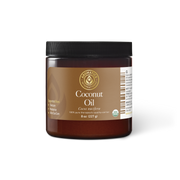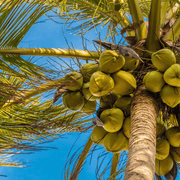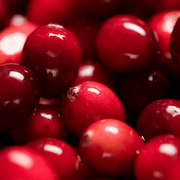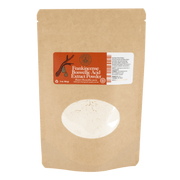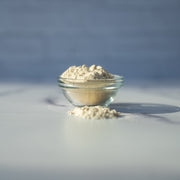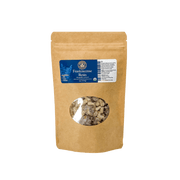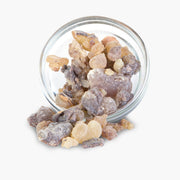-
-
30% off
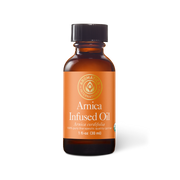

Arnica Infused Olive Oil
Regular price From $16.80Sale price From $16.80Unit price perArnica cordifolia -
-
Balm of Gilead Infused Olive Oil
Regular price From $28Sale price From $28Unit price perPopulus balsamifera -
-
-
Bentonite Clay
Regular price $15Regular priceUnit price per -
Calendula Infused Olive Oil
Regular price $27Regular priceUnit price per -
Castile Soap
Regular price From $17Sale price From $17Unit price per -
-
-
-
-
Frankincense Boswellic Acid Extract Powder
Regular price From $29Sale price From $29Unit price per -
We offer a selection of exotic, high-quality butters, lotions, oils, gels, salts, clays, and more, many of which provide additional skin-nourishing benefits.
Shop by Intention
FAQ
We offer a selection of exotic, high-quality butters, lotions, oils, gels, salts, clays, and more, many of which provide additional skin-nourishing benefits.
Why do I need an essential oil carrier?
What is an essential oil carrier?
How do I choose the best carrier for my essential oil blend?
What are the different types of essential oil carriers?
Can carrier oils be used on their own?
What are the most popular carrier oils for hair care?
How should I store carrier oils?
What is the shelf life of carriers?
How much carrier should I use with essential oils?
What is the difference between refined and unrefined carriers?
What is the difference between carrier oils and essential oils?
Can I mix different carrier oils together?
What is a carrier oil?
What is the shelf life of carrier oils?
Can carrier oils cause allergic reactions?
What carrier oils are best for sensitive skin?
Can I use carrier oils on my face?
How much carrier oil should I use with essential oils?
What are the best carrier oils for dry skin?
Are carrier oils comedogenic?
Which carrier oils are best for massage?
Are carrier oils safe to use during pregnancy?
Can gels be used as an essential oil carrier?
Can I use lotion as a carrier for essential oils?
Can other carriers be used in foaming soap recipes?
Can I combine carrier oils with salts in bath blends?
Can resins be used as a carrier for essential oils?
Join Our Newsletter
Save 15% on your first order
Aromatherapy sent directly to your inbox. Receive tips, essential oil recipes, promotion alerts, live events and more. We look forward to connecting with you! *Exclusions apply.


